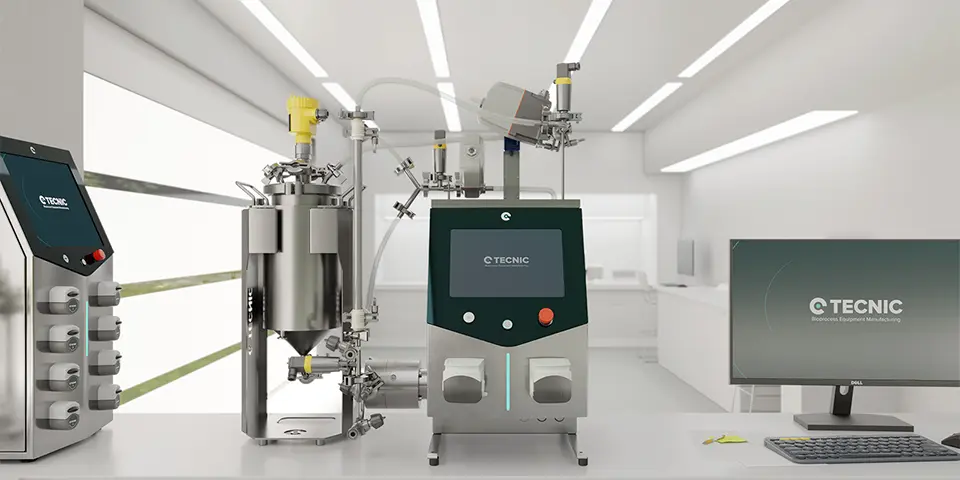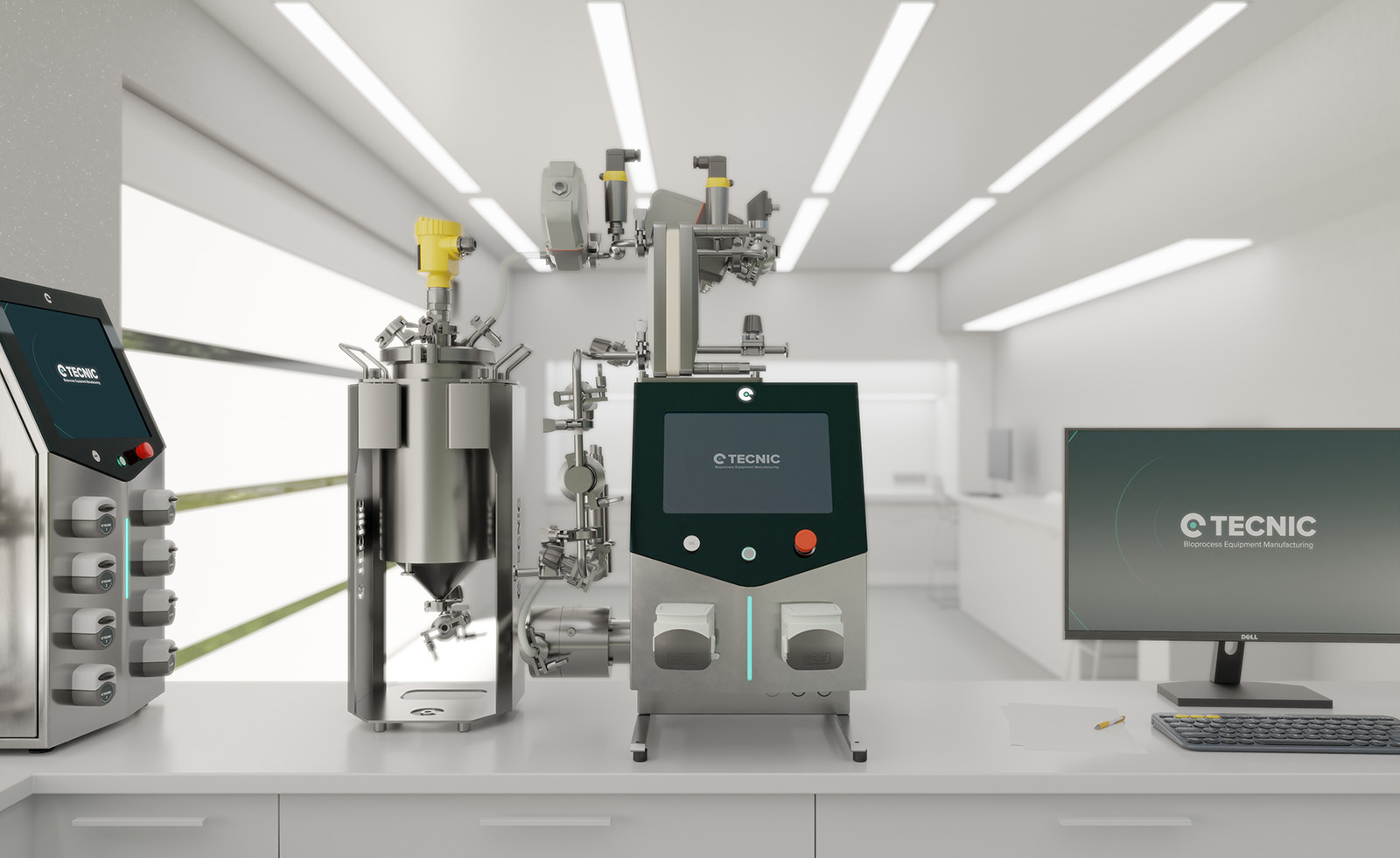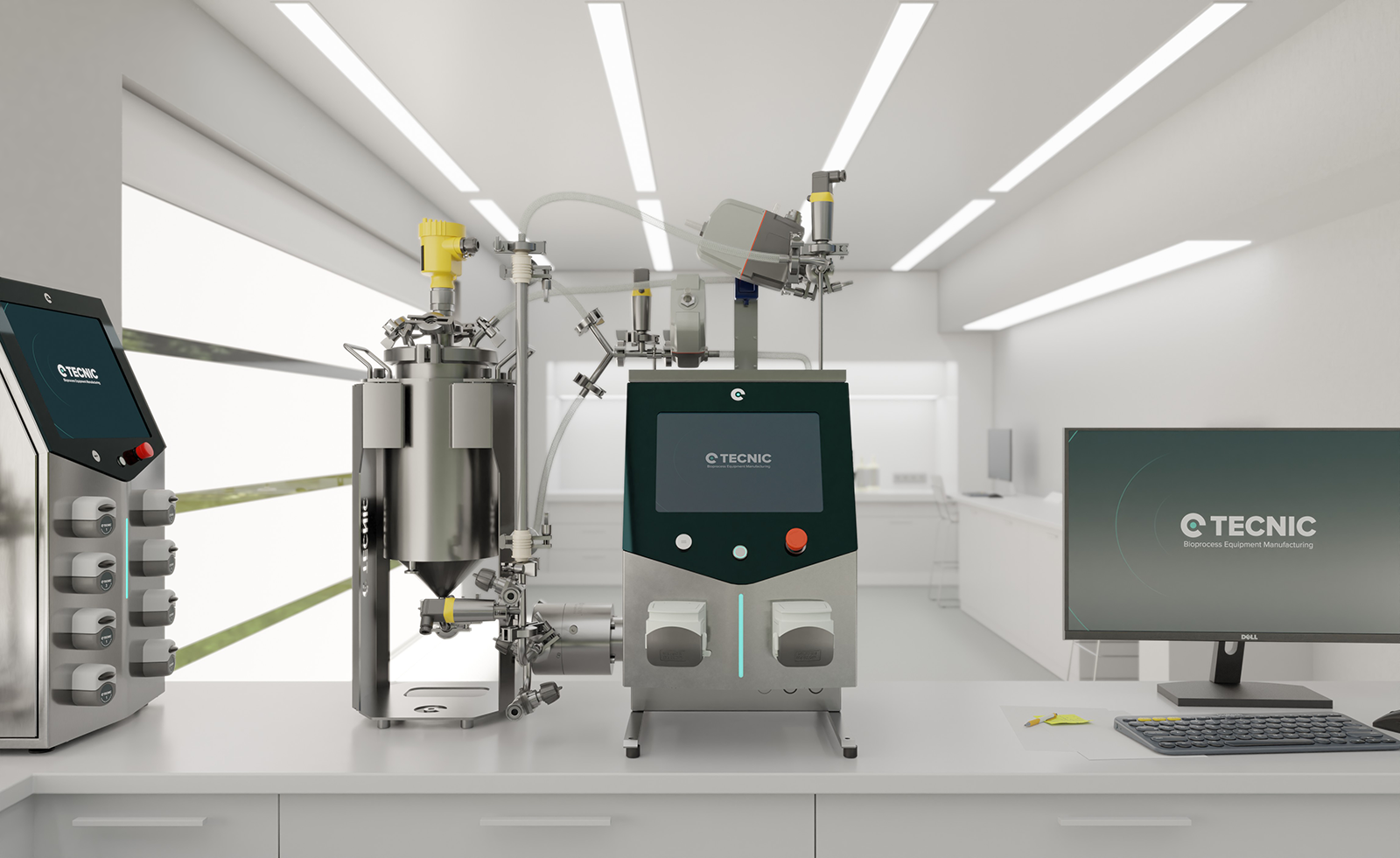A new Alzheimer's treatment brings hope to millions affected by this disease. The FDA recently approved Kisunla(donanemab-azbt) for adults in the early stages of Alzheimer's. This approval is a significant advancement in the fight against Alzheimer's, providing a new option to help slow the disease's progression.
What is alzheimer's disease?
Alzheimer's is a brain disease that affects millions of people worldwide. It leads to memory loss and trouble thinking, eventually interfering with daily activities. It is the most common form of dementia and usually affects older people. The disease is marked by the buildup of beta amyloid plaques and tangled fibers in the brain, causing memory problems, confusion, and changes in behavior.
Symptoms and progression
Early symptoms include trouble remembering recent information and feeling disoriented. As the disease gets worse, it causes language problems, severe confusion, mood and behavior changes, and loss of motor skills. These symptoms make daily life difficult for those affected.

FDA approves new treatment for Alzheimer's disease
On July 6, 2024, the FDA approved Kisunla (donanemab-azbt) for treating adults with early-stage Alzheimer's disease. This drug, made by Eli Lilly, is given through monthly intravenous infusions. It has been shown to reduce beta amyloid plaques in the brain, slowing the decline in cognitive and functional abilities. This approval includes people with mild cognitive impairment (MCI) and those living with early Alzheimer's disease.
How does this new Alzheimer's treatment work?
Kisunla is an anti-amyloid monoclonal antibody that targets amyloid plaques in the brain and helps remove them. Clinical trials showed that patients on Kisunla had slower declines in cognitive and functional abilities compared to those on a placebo. The drug reduced clinical progression by 35% and improved daily activities by 40% in patients with intermediate levels of tau, a protein associated with neuronal damage.
Future implications
The approval of Kisunla is a big step forward in treating Alzheimer's disease. It offers a new treatment option that can improve the quality of life for patients and their families. This progress highlights the need for continued research by institutions to find more effective treatments.
Clinical trials and safety
In clinical trials, participants were assessed using various tests like the Clinical Dementia Rating Scale (CDR-SB) and the ADAS-Cog13 cognitive function test. Kisunla reduced tau levels in cerebrospinal fluid and PET scan biomarkers. The most common side effects were reactions at the infusion site, headache, and dizziness. There were also cases of brain swelling and tiny brain bleeds, which were carefully monitored. The risk of developing these side effects can be managed with proper monitoring.
Approval in the European Union
Although Kisunla has been approved by the FDA in the United States, it has not yet been approved in the European Union. After FDA approval, pharmaceutical companies usually seek approval from other regulatory agencies, like the European Medicines Agency (EMA), for other markets.
Conclusion
The FDA approval of Kisunla is a milestone in Alzheimer's treatment, offering hope to those suffering from this challenging disease. This new treatment can slow disease progression and improve the quality of life for patients. For more information, please visit the FDA and Eli Lilly's website on these topics.










